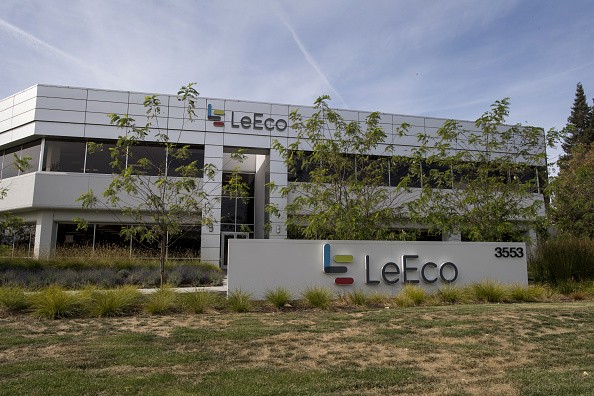Chinese multinational conglomerate LeEco is quitting a $2 billion bid for Vizio, a U.S.-based consumer electronics firm, according to a report from Reuters.
The move, which can be regarded as a setback to the expansion initiative of the cash-strapped LeEco, was made due to regulatory concerns. A representative from the company shared that their firm abandoned the proposal because of a certain "Chinese policy factor."
After scrapping this agreement, LeEco and Vizio have now created a new deal in which the former's app and content will be incorporated into Vizio's platform, LeEco announced on Tuesday. It also includes bringing various Vizio products to the Chinese market.
The unused money is expected to aid LeEco in boosting its supply-chain partnerships in order to resume full-scale production.
For some analysts, this withdrawal is actually good for the Chinese company.
"At some stage, when they're more cash ready they can think again about acquiring. . . . In the meantime, they can get this partnership going," Neil Shah, a research director at Counterpoint Research, remarked.
In the recent period, LeEco has been experiencing financial hurdles. For founder and chairman Jia Yueting, this can be attributed to the "big company disease" or the rapid pace of business growth.
A Reuters article published in March revealed that the firm is reportedly selling its 49-acre Silicon Valley property for nearly $260 million in order to boost liquidity.
Prior to the sale, the business empire whose operations span from making consumer electronics products to cars has secured an investment worth $2.2 billion to finance its entertainment and Internet TV arms. The firm's new backers include property developer Sunac China Holdings Ltd.
In a report LeEco released on Monday, the conglomerate expects to gain a first-quarter net profit of around 103 million to 132 million yuan. This estimate is higher than the 114.7 million yuan earnings from the same period last year.
In a bid to stabilize the yuan and limit capital outflows, the Chinese government has been tightening its security measures when it comes to outbound partnerships. This has largely affected several firms, including Dalian Wanda Group who has terminated its $1 billion deal to acquire Hollywood's Dick Clark Productions.



























